Vatican Introduces “Thoughts and Prayers” as Legal Tender
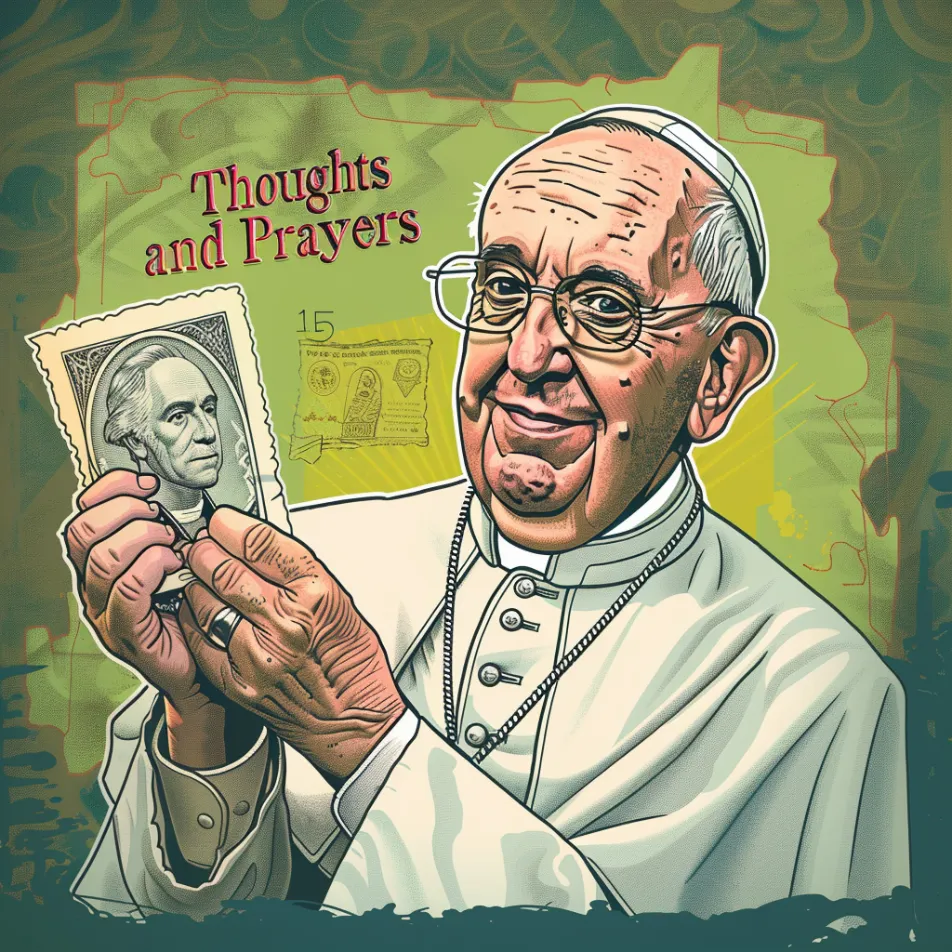
Vatican Introduces “Thoughts and Prayers” as Legal Tender
Introduction:
In a stunning move that has left economists and theologians alike scratching their heads, Pope Francis has announced that the Vatican will begin accepting “thoughts and prayers” as a form of currency. The unprecedented decision aims to bolster the Holy See’s coffers while providing the faithful with a more direct way to support the Church.
As Pope Francis himself once said, “Prayer is not a passive response to life’s challenges, but an active decision to meet them head-on.” It seems the Vatican is taking this sentiment to heart by making thoughts and prayers an active part of its financial system.
Spiritual Economics 101
According to Vatican spokesperson Cardinal Casha Flowe, the new currency system will operate on a “faith-based exchange rate,” with the value of thoughts and prayers fluctuating based on the fervor and sincerity of the offering. “A heartfelt, tearful prayer from a devout believer will obviously be worth more than a fleeting thought from a casual churchgoer,” explained Flowe. “Our team of spiritual accountants will be working around the clock to ensure fair and accurate valuations.”
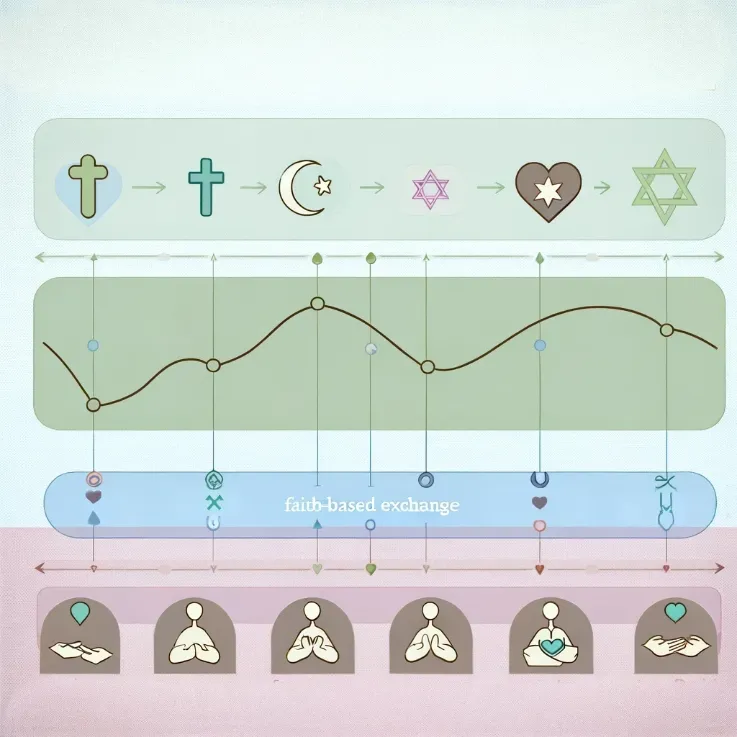
The Vatican has also announced plans to establish a “Thought and Prayer Reserve” to regulate the supply of the new currency and prevent inflation. Skeptics, however, have raised concerns about the potential for counterfeit prayers and speculative “thought bubbles.”
Guru Og Tritium, Content Moderator at “PoliticallyIncorrectSocialResponsibility.com”, had this to say about the Vatican’s decision:
“Dude, if the Vatican starts accepting thoughts and prayers as currency, I might just become a believer. Imagine the possibilities – I could pay for my pizza delivery with a quick Hail Mary and settle my bar tab with a couple of Our Fathers. Talk about a divine intervention!”
Paying Penance with Prayers
Under the new system, Catholics will be able to use thoughts and prayers to purchase indulgences, secure better seating at Papal audiences, and even bid on sacred relics. The Vatican also plans to install special “prayer ATMs” in churches worldwide, allowing the faithful to deposit their spiritual currency directly into the Church’s accounts.
Conclusion:
While some have praised Pope Francis’s innovative approach to fundraising, others remain skeptical about the practical implications of a faith-based currency. As one economist quipped, “I’m all for diversifying the Vatican’s portfolio, but I’m not sure ‘thoughts and prayers’ will be enough to keep the lights on in St. Peter’s Basilica.” Regardless, the world will be watching closely as the Vatican embarks on this daring experiment in spiritual economics, where it accepts thoughts and prayers as legal tender.
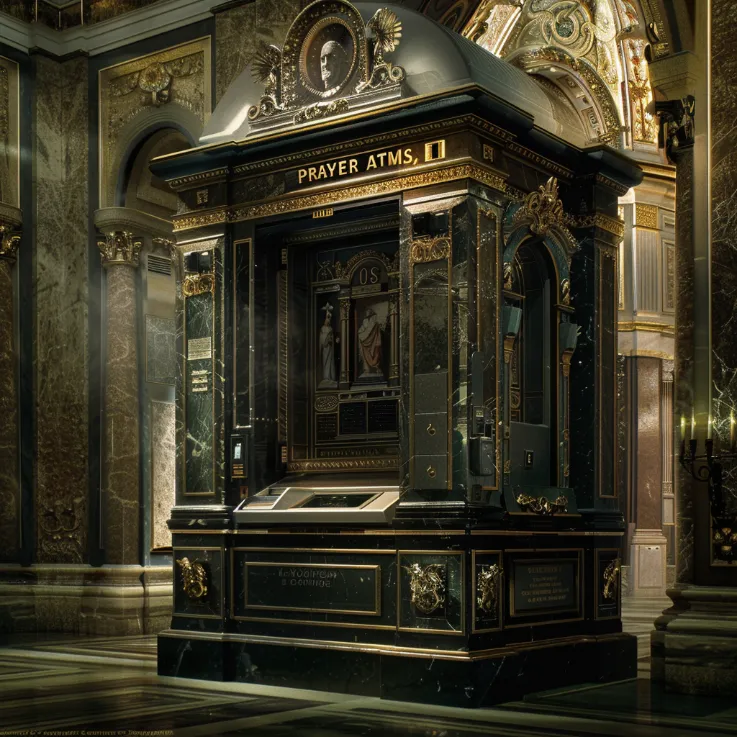




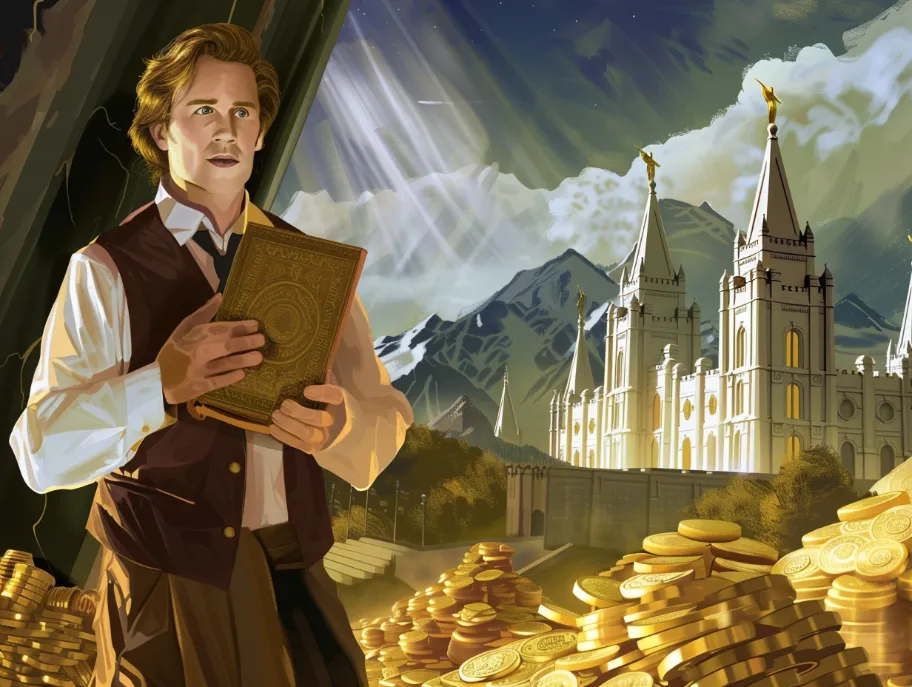
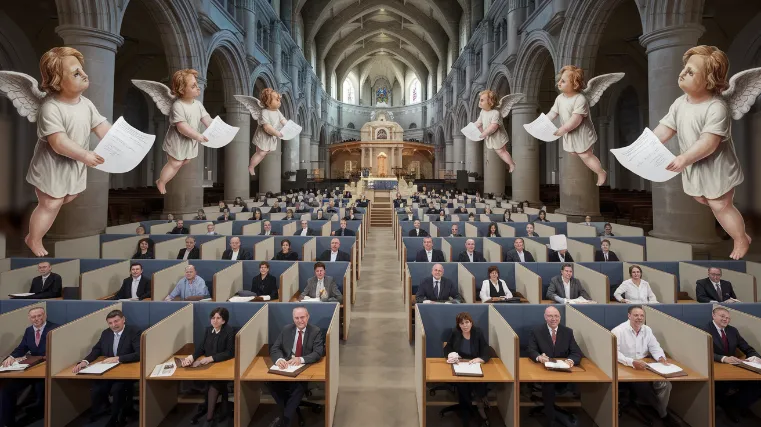
Responses